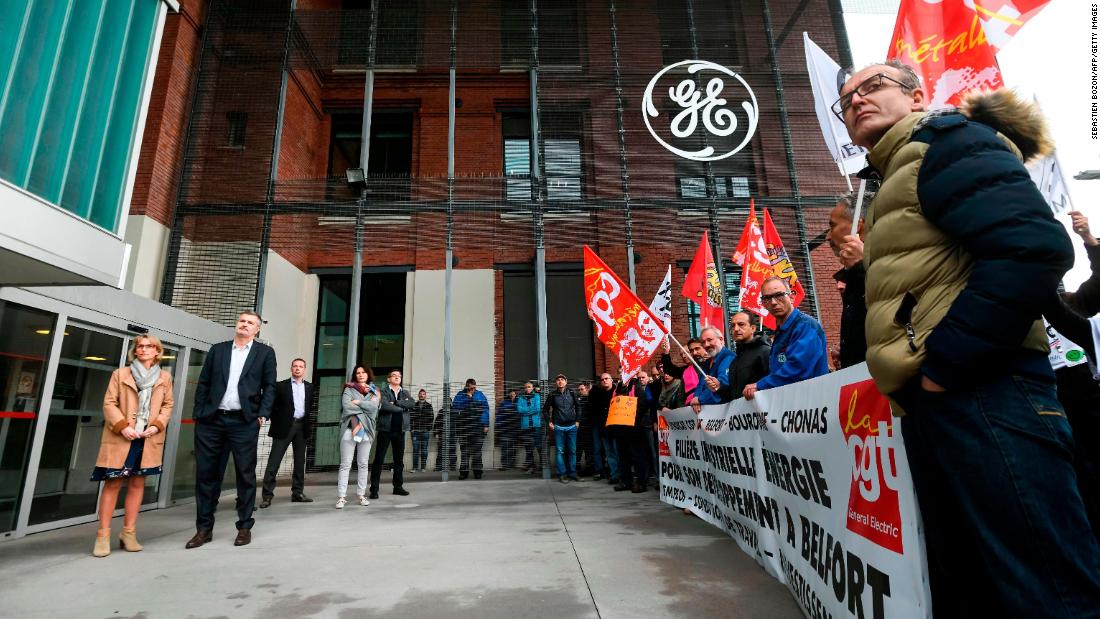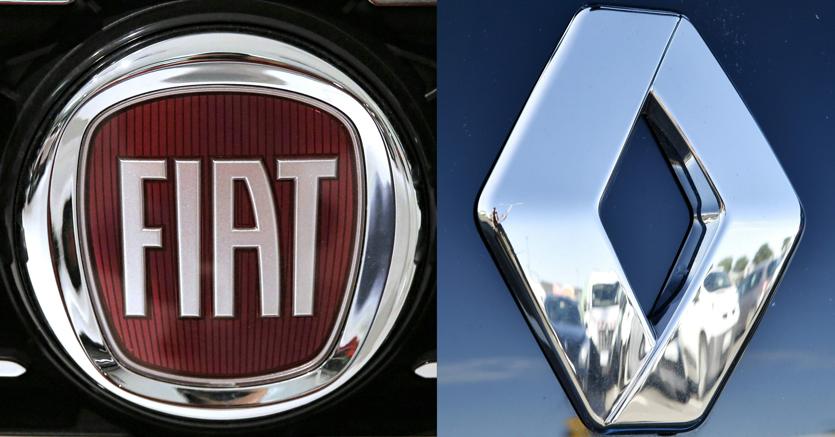How France’s Intrusive Demands Quashed the Fiat-Renault Deal
PARIS — It was supposed to be a transformative merger in an industry facing intractable challenges. But Fiat Chrysler and Renault ran headlong this week into a familiar problem in France: the government itself.
With the two companies edging toward a deal, officials in Paris played a role that comes naturally — safeguarding jobs and protecting Renault, a celebrated brand here. But in the end, the government infuriated both Fiat and Renault executives, who wanted to create a competitive new industrial giant free of state influence, according to two people with knowledge of the discussions.
The merger appeared to be sealed after more than four hours of negotiations on Wednesday night at a marathon Renault board meeting in Paris. Then France’s finance minister, Bruno Le Maire, stunned those present with a message that he wanted to delay the vote for five days to consult in Tokyo with his Japanese counterpart about Nissan, Renault’s partner in a decades-old carmaking alliance, two people familiar with the discussions said.
Less than 20 minutes after he heard of the request, John Elkann, the chief executive of Fiat Chrysler, quit the talks, these people said.
The collapse of negotiations leaves both companies at odds with changes in the industry. Fiat Chrysler is the seventh-largest carmaker worldwide, and Renault is the eighth. Their relatively small size makes them vulnerable as the auto industry tries a costly and uncertain transition to electric cars and vehicles loaded with driver-assistance features.
And neither Renault nor Fiat Chrysler has a strong presence in China, the world’s largest car market and one of the few regions still seen as having potential for growth.
The merger mess may have other repercussions. Renault’s chief executive, Jean-Dominique Senard, who worked with Mr. Elkann to sort through the proposal, had the backing of most of the board but was blindsided by the government’s last demand. With the deal scuppered, Mr. Senard must weigh how effective he can be at Renault, according to the people with knowledge of the situation.
The proposed deal was first revealed by Fiat a week ago. After two days of talks this week, Renault had tentatively scheduled a news conference for Thursday morning to announce an agreement.
But the French government is Renault’s largest shareholder, and has a seat on the company’s board. As talks progressed, according to two people familiar with Fiat Chrysler, the French government tried to micromanage the process.
Its insistence on a number of concessions, including job guarantees, a seat on the new company’s board as well as veto power over appointments of a future chief executive, appeared to be only the tip of the iceberg should a deal go through, according to the people with knowledge of Fiat’s position.
As the government ramped up its demands, a realization set in at Fiat Chrysler that the French state would probably never stop trying to exercise some form of control, these people said.
Trying to manage one of the world’s largest automakers under such conditions would be unacceptable, one of the people said.
Renault issued a terse statement on Thursday, expressing “its disappointment not to have the opportunity to continue to pursue the proposal of FCA (Fiat Chrysler Automobiles).” It added: “We view the opportunity as timely, having compelling industrial logic and great financial merit, and which would result in a European based global auto powerhouse.”
On Thursday, French government officials defended the state’s role as necessary to preserve French interests, by ensuring that multinational tie-ups will not jeopardize jobs or weaken French companies like Renault that have long been considered national corporate icons.
The finance ministry said in a statement Thursday that it had “worked constructively” with all stakeholders and sought particularly to ensure that Nissan — with which Renault has a fraught relationship — was on board with the deal.
But collapse of the deal seemed to mar a carefully crafted image of the French president, Emmanuel Macron, as a former investment banker wooing international companies and promising a more business-friendly climate.
Since 2017, Mr. Macron rammed through a raft of changes to tax and labor rules and, crucially, vowed to take a less state-driven approach to companies. But faced with eight months of demonstrations by Yellow Vest protesters who have railed against economic inequality, his government has pivoted toward greater protectionism.
In the weeks before Fiat Chrysler announced its merger proposal, the government tried to halt the closure of several industrial sites that threatened thousands of layoffs. Earlier this year Mr. Macron dispatched Mr. Le Maire, the finance minister, to southern France to try to prevent a Ford factory from closing — partly by trying to engineer a takeover of the plant by a Belgian company in a deal that ultimately flopped.
And just days after Mr. Elkann officially proposed a tie-up with Renault, Mr. Le Maire was engaged in a last-minute scramble to prevent General Electric from cutting 1,000 jobs in France — a legacy of its 2015 merger with the French energy company Alstom.
Soon after failing to save the G.E. jobs, Mr. Le Maire added demands to his negotiations with Fiat Chrysler, including a pledge to make any potential job cuts in the United States and Italy before turning to France, a person involved in the talks said.
Renault’s top executives went into meetings on Tuesday and Wednesday expecting a deal. People familiar with the discussions said Mr. Senard and Mr. Elkann saw eye to eye on the merits of a merger.
After several hours of talks on the second day, at least 14 members of the 20-person board had voiced support for a deal. Three exceptions were the French union’s board member and Nissan’s two representatives, all who had indicated they would refrain from voting. The Nissan members were to abstain and review the terms with their parent company.
Mr. Le Maire called the government’s representative to the board, Martin Vial, by cellphone about an hour later and instructed him not to vote if the Nissan representatives withheld their vote, according to two people with knowledge of the situation.
Instead, Mr. Le Maire, who planned to fly to Tokyo on Thursday to attend meetings of the Group of Twenty over the weekend, said he wanted to use the trip to speak with the Japanese about the deal.
The conversations turned tense. Mr. Senard was shocked and warned Mr. Vial that delaying a vote could be dangerous. Mr. Senard phoned Mr. Elkann, who was in Italy, to inform him of the change, according to a person with knowledge of the situation.
Shortly after that call, Mr. Elkann and Michael Manley, the company’s chief executive, sent a letter by email to Mr. Senard and Thierry Bolloré, Renault’s chief executive. The deal was off the table.
How France’s Intrusive Demands Quashed the Fiat-Renault Deal




